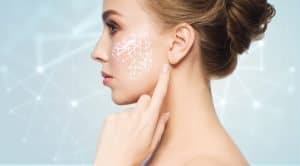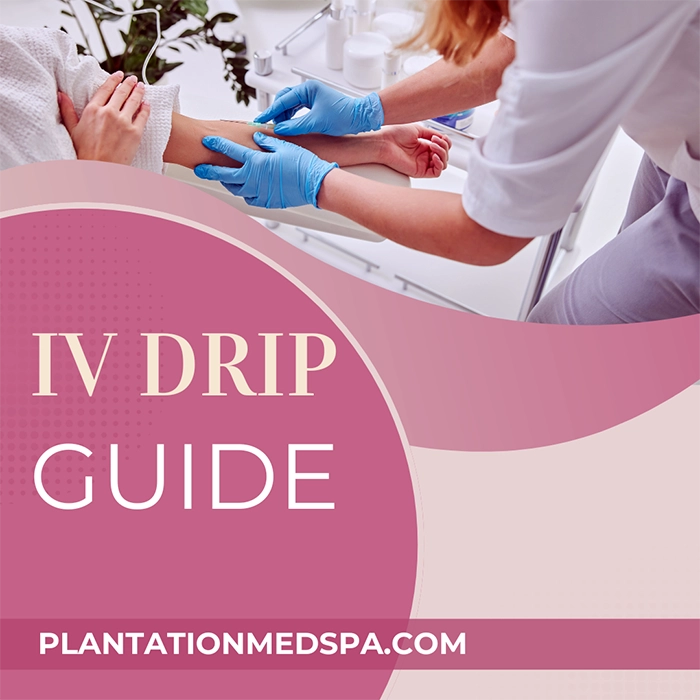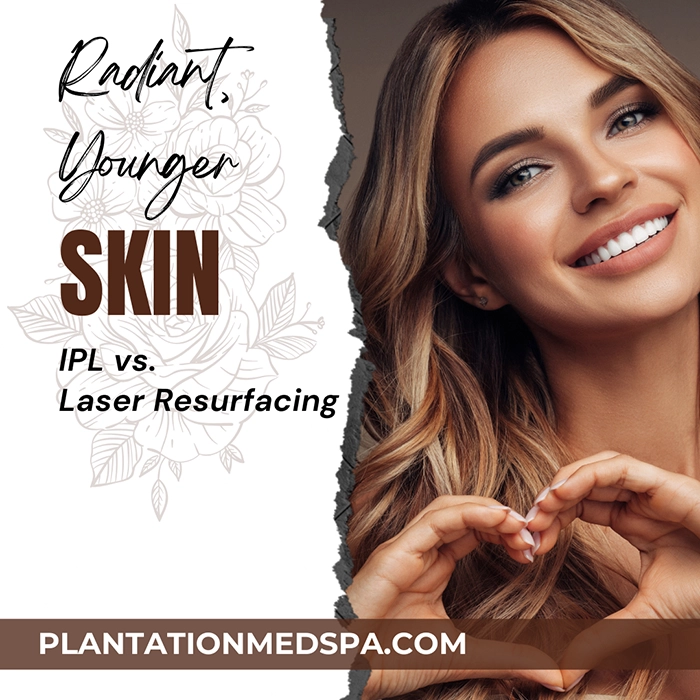¿Cómo funciona su piel? Comprender la ciencia que hay detrás
La piel es el órgano más grande del cuerpo, por no decir el más visible. Por eso la gente gasta cientos, si no miles, de dólares cada año para intentar cuidar su piel de la mejor manera posible. En este artículo hablaremos de: La Ciencia del cuidado de la piel: Cómo funciona la piel.
Aunque así sea, muchas personas no entienden realmente la ciencia del cuidado de la piel. Como consecuencia, al no tener un conocimiento básico del funcionamiento de la piel, eligen productos y Tratamientos que no responden realmente a las necesidades de su piel, lo que significa que los resultados que obtienen son poco impresionantes.
Si sabe que le faltan conocimientos sobre la ciencia del cuidado de la piel, siga leyendo... Plantation Med Spa está aquí para explicarle todo lo que necesita saber.
Introducción básica a las capas de la piel
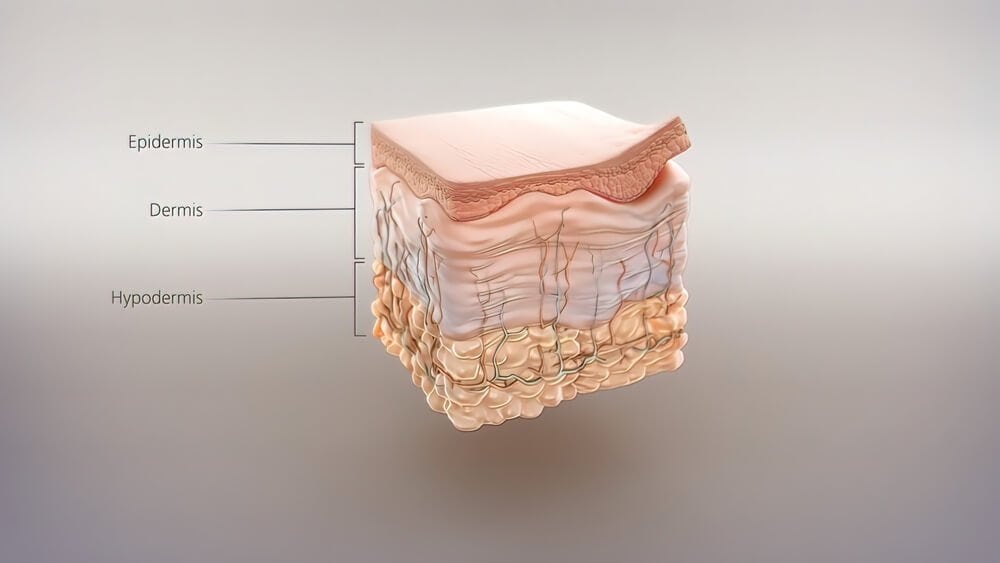
Mira tu piel cada día, pero ¿sabes de qué está hecho en realidad?
Humano piel consta de varios componentes diferentes, como agua, lípidos, proteínas y minerales. Puede que sólo veas una capa, pero tu piel contiene en realidad tres capas diferentes:
- Epidermis - Es la capa más externa de la piel. Está formada principalmente por células cutáneas muertas, que forman una barrera protectora para prevenir las capas más profundas de la piel de sufrir daños medioambientales. También es la capa donde se producen las nuevas células cutáneas. Comienzan en la base de la epidermis y se abren camino hacia la superficie.
- Dermis – This is where your blood vessels, nerves, and glands are located, including the sebaceous glands that produce sebum. This is also where your skin’s proteins can be found, including collagen and elastin.
- Hipodermis - Es la capa más interna de la piel. Contiene células grasas que proporcionan aislamiento y amortiguación.
¿Qué hace realmente la piel?
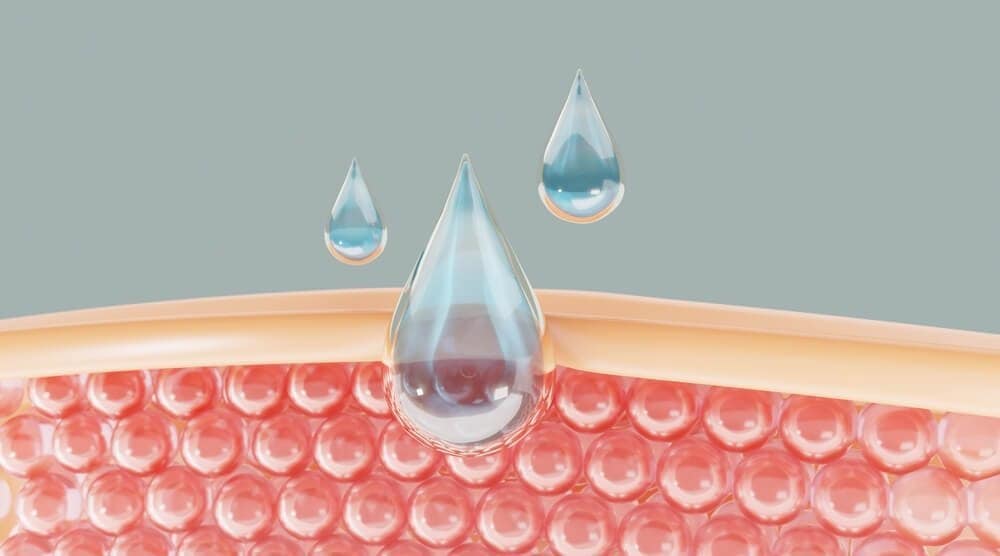
Aparte de proporcionar al cuerpo una cubierta protectora, ¿qué más hace la piel?
Para empezar, es vital para evitar la pérdida de agua. Todas las células del cuerpo necesitan humedad para funcionar correctamente. La barrera creada por la piel ayuda a mantener la humedad. Por eso, las personas con piel seca o dañada son más propensos a la deshidratación.
La piel no sólo mantiene la humedad, sino que también mantiene alejados a los malos. Bacterias, micropartículas, productos químicos... todos ellos pueden causar graves daños a tu piel. salud. Afortunadamente, la piel impide que penetren en el organismo.
También protege al organismo de los daños causados por los rayos UV, aunque también aprovecha el poder de la luz solar para producir vitamina D. Se ha demostrado que esta vitamina es vital para el sistema inmunitario, los niveles de energía y mucho más.
Cuando las cosas empiezan a ir mal...

En un mundo ideal, su las células de la piel estarían constantemente hidratadas y libre de cualquier daño, lo que le proporcionaría un cutis impecable. Desgraciadamente, la vida real es muy distinta y no mucha gente tiene la suerte de tener una piel perfecta, por lo que entender la ciencia de la piel es muy difícil. cuidado de la piel aún más importante.
Existen muchos factores que pueden contribuir a dañar la piel. La luz ultravioleta es el principal: es responsable de hasta 80% de los signos visibles de envejecimiento cutáneo. envejecimiento de la piel. Esto se refiere a todo, desde de las arrugas a la flacidez piel a manchas oscuras.
Todas las sustancias químicas con las que la piel entra en contacto cada día también pueden causar graves daños. Ya sea por los detergentes, los perfumes o la contaminación atmosférica, varias partículas pueden alterar el pH de la piel. Esto puede provocar diversos problemas cutáneos.
El proceso de envejecimiento es algo más que puede interferir en cómo bien el funcionamiento de las células de la piel. Es bien sabido que el cuerpo humano se ralentiza con la edad, y esto se aplica también a las células de la piel. Como consecuencia, el la piel no es capaz de funcionar de la misma manera que cuando era más joven. La producción de proteínas se ralentiza, lo que provoca flacidez y arrugas. Al mismo tiempo, la renovación celular cae en picado, por lo que la piel tiende a adquirir un aspecto más apagado.
Aplicar la ciencia del cuidado de la piel a los productos y tratamientos que compra
Se pregunta cómo aplicar la ciencia de cuidado de la piel la próxima vez que compre productos y tratamientos?
Bueno, para empezar, primero hay que identificar las problemas de piel que estás tratando con. ¿Acné? ¿Sequedad? ¿Arrugas? ¿Hiperpigmentación? Escríbelos en el orden en que quieras priorizarlos.
Entonces, es hora de leer un poco más sobre la ciencia del cuidado de la piel. Sin embargo, esta vez, lo relacionaremos con el individuo problemas de piel a los que te enfrentas:
ACNÉ
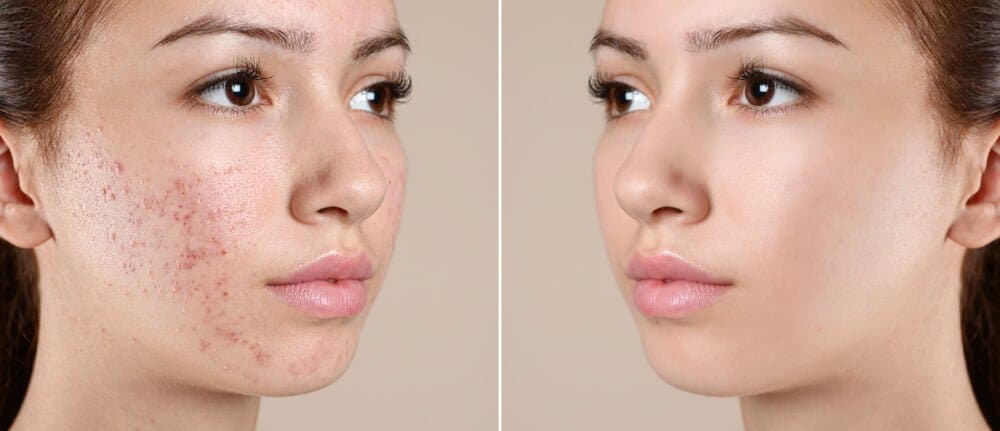
El acné se produce cuando los poros y pelo los folículos se obstruyen. Las obstrucciones suelen consistir en grasa, piel muerta y bacterias, que desencadenan la inflamación que conduce a un brote.
Los folículos pilosos se encuentran tanto en la epidermis como en la dermis. Las obstrucciones que se producen en la epidermis pueden eliminarse a menudo con exfoliantes caseros, ya que estas obstrucciones estarán bastante cerca de la superficie de la piel. Sin embargo, una vez que se abren camino hacia la dermis, pueden ser mucho más difíciles de erradicar, simplemente porque estarán en un nivel más profundo de la piel al que la mayoría de los productos caseros no podrán llegar.
Si ha tenido problemas para tratar el acné con productos caseros, puede que haya llegado el momento de plantearse alternativas profesionales. Un tratamiento muy eficaz para acabar con los brotes es microneedling. Ayuda a reducir la cantidad de sebo que produce la piel. Esto reduce las obstrucciones en los poros y pelo folículos, previniendo así los brotes. El microneedling también es una opción muy popular. para cualquiera que se enfrente a cicatrices de acné. Usted necesitan algunos tratamientos para ver una diferencia, pero su piel tendrá un aspecto mucho más terso y más aún al final de la misma.
Otro tratamiento que funciona bien para el acné son las extracciones. Puede ser un proceso bastante largo si tu acné es severo, pero es un método seguro y efectivo. manera de deshacerse físicamente de sus granos. En Plantation Med Spa, ofrecemos extracciones en nuestro RF Aqua Facial Ascensor tratamiento. Este procedimiento de hidradermabrasión también abarca la limpieza, exfoliación e hidratación, por lo que es perfecto para pieles con tendencia acneica.
SEQUEDAD Y DESHIDRATACIÓN
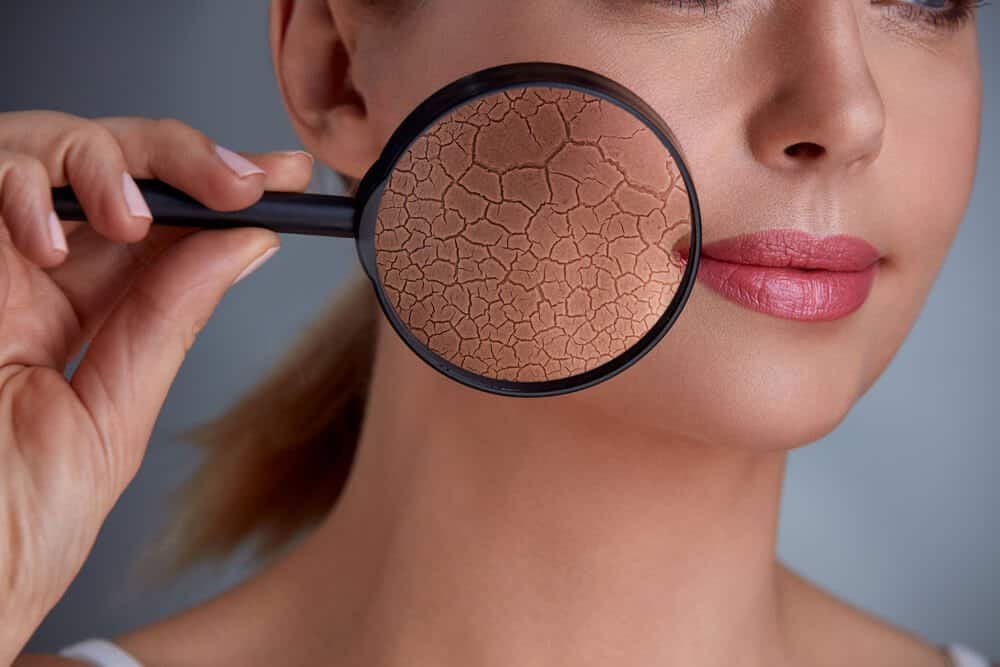
En el otro extremo de la escala del acné se sitúan sequedad y deshidratación. La sequedad se refiere a una piel que no produce suficiente grasa, mientras que la deshidratación se produce cuando la piel pierde humedad a un ritmo más rápido de lo normal. Ambas afecciones suelen estar causadas por una epidermis dañada.
Para contrarrestarlos, su enfoque debe centrarse en mejorar la niveles de humedad e hidratación. Afortunadamente, hay muchas formas de conseguirlo. A menudo, un buen rutina de cuidado de la piel es todo lo que necesita para reequilibrar su cutis y devolverlo a un estado saludable.
Una forma de acelerar las cosas sería regalarle a su piel un tratamiento facial hidratante y reparador, y el Plantation Med Spa Revive para pieles sensibles es ideal para ello. Desde piel seca y deshidratada suele ser propenso a sensibilidades, este caraque sólo utiliza productos hipoalergénicos y con fragancias mínimas, mantendrá tu piel calmada y relajada. Utiliza una fórmula cargada de péptidos, que es exactamente lo que su epidermis dañada necesita para estimular la reparación. También podrá disfrutar de una ligera exfoliación químicaEn función de lo que más le convenga a su piel, se le aplicará un tratamiento con LED y otro con ultrasonidos o radiofrecuencia.
HIPERPIGMENTACIÓN
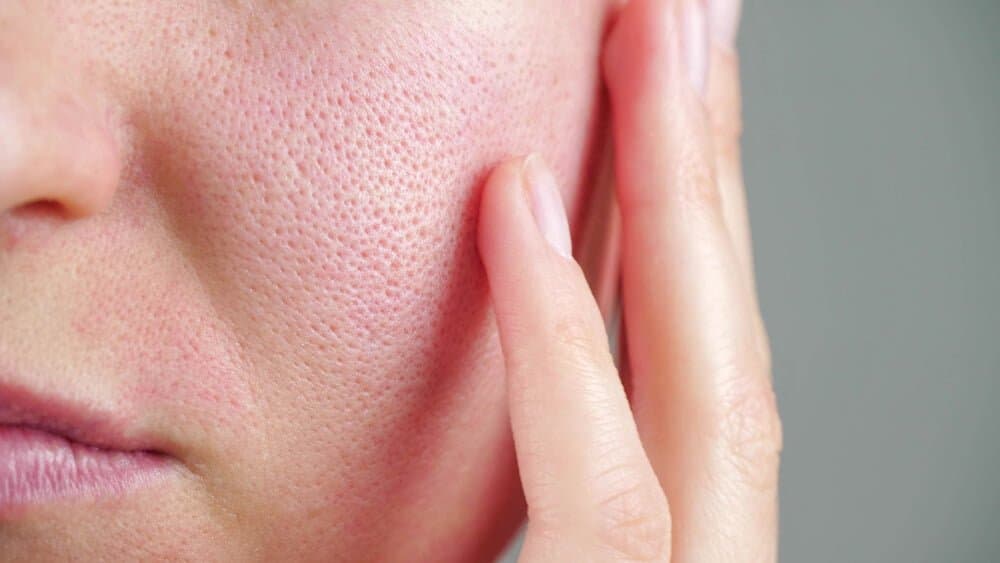
La hiperpigmentación se produce cuando la piel produce demasiada melanina, que es el pigmento que da color a la piel. La piel no es capaz de distribuir uniformemente el exceso de melanina, por lo que esas células se aglutinan en determinadas zonas, provocando un aspecto más oscuro. Esto suele ocurrir en la epidermis, aunque también puede suceder en la dermis.
Una de las mejores formas de tratar la hiperpigmentación es con un peeling químico. Esto eliminar la capa externa y descolorida de la piel para revelar la capa fresca y uniforme de células que hay debajo. Además de ayudar con la decoloración, un producto químico pelar también suavizará la textura de tu piel, hacer menos visibles las líneas de expresión y las arrugas.
Exfoliaciones químicas se componen de una variedad de ácidos y están disponibles en diferentes concentraciones. Uno que funciona especialmente bien para difuminar la hiperpigmentación es el Peeling equilibrante de pigmentos. Con ácido glicólico 40%, esta fórmula unifica la tez y potencia su luminosidad.
Otra alternativa sería el Peeling corrector avanzadotambién conocido como Peeling Jessner. Con ácidos de grado clínico, este peeling es apto para todo tipo de pieles. tipos de piel y se dan a tu rostro un acabado mucho más luminoso.
ARRUGAS Y OTROS SIGNOS VISIBLES DEL ENVEJECIMIENTO CUTÁNEO
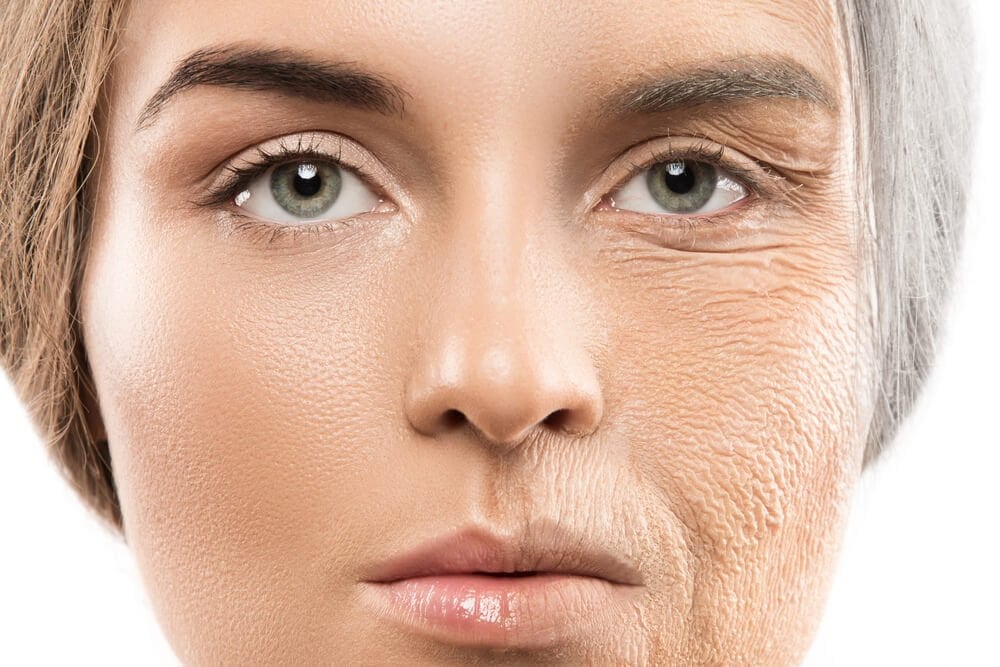
El envejecimiento afecta a todas las partes de la piel. Ralentiza los procesos vitales, lo que significa que la piel no es capaz de funcionar con la misma eficacia que antes.
Dicho esto, hay ciertos signos de envejecimiento que son más perceptibles que otros, como arrugas y piel flácida. Esto se debe a la disminución del colágeno y la elastina, dos proteínas estructurales de la piel que se producen en la dermis. La mayoría de los productos tópicos no son capaces de penetrar adecuadamente en la dermis, por eso los sueros y las cremas pueden tardar tanto en producir resultados.
Afortunadamente, existen varios tratamientos disponibles que pueden ayudar a recuperar una piel más joven. Botox y cara rellenos son opciones muy populares. Alisan las líneas de expresión y rellenan la piel, dándole un aspecto más relleno y firme.
Otro procedimiento eficaz para aumentar la producción de colágeno y reducir la aparición de arrugas es el Rejuvenecimiento sublativo eMatrix. Aprobado por la FDA el tratamiento se centra en rejuvenecer la piel. Esto ayuda con una variedad de diferentes problemas de la piel, incluyendo las arrugas, piel flácidamanchas oscuras y opacidad. Empezará a ver resultados sólo cinco días después del tratamientoy seguirán mejorando con el tiempo.
La ciencia del cuidado de la piel: Cómo funciona la piel
Como puede ver, comprender la ciencia del cuidado de la piel le permitirá asegurarse de que los productos y tratamientos que miman tu piel que se adapten adecuadamente a los problemas cutáneos a los que se enfrenta. Una vez que lo consigas, los resultados de tus esfuerzos serán mucho más impresionantes, lo que te permitirá consigue tu piel mucho antes.
Esperamos haber cubierto el tema: La ciencia del cuidado de la piel: Cómo funciona la piel.
Reserve ahora una consulta en línea? Visite la página Plantation Med Spa ahora para disfrutar de algunos de nuestros numerosos servicios y ofertas de tratamiento Llámenos al (954) 595-2607

